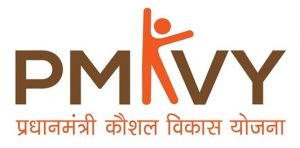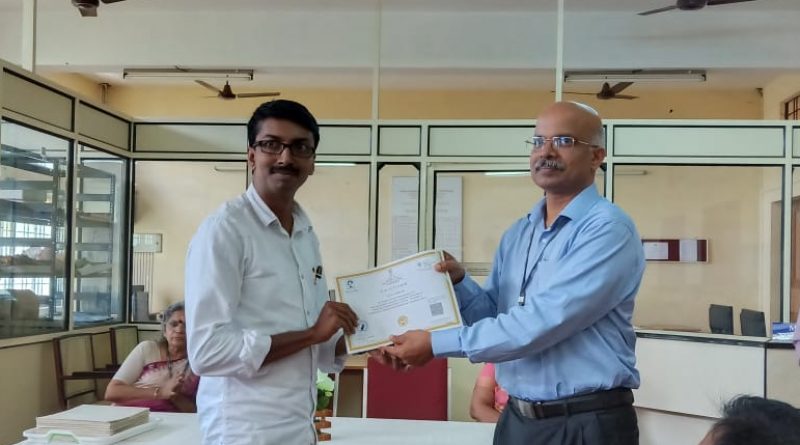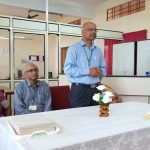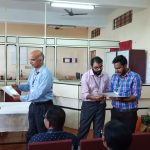Certificates distributed to MEP and PMKVY students
 A function to distribute certificates to students who had successfully completed the courses “Advanced MEP Design for Electrical Engineering” (conducted in collaboration with BIMIT CAD and BIM Training Services, Kochi) and “Electrician-Domestic Solutions” (offered as part of Pradhan Mantri Kaushal Vikas Yojana (PMKVY)) was held in the Advanced Electrical Engineering Lab on 18 October 2019.
A function to distribute certificates to students who had successfully completed the courses “Advanced MEP Design for Electrical Engineering” (conducted in collaboration with BIMIT CAD and BIM Training Services, Kochi) and “Electrician-Domestic Solutions” (offered as part of Pradhan Mantri Kaushal Vikas Yojana (PMKVY)) was held in the Advanced Electrical Engineering Lab on 18 October 2019.
Dr Remani T (Prof and Head, EEE Dept) welcomed the gathering. Principal Dr Saji C B presided over the function. Dr Sudha Balagopalan (Dean-Academics) and Mr Paul Chakola (Placement Director) gave felicitations. Certificates to PMKVY students were distributed by Principal and Dean Academics and that for MEP students by Dr Remani T and Placement Director. Mr Aswin T Surendran (AP, EEE Dept) proposed the vote of thanks.
- The course on Advanced MEP had been organised by the EEE Dept under the aegis of Centre for Continuing Education (CCE) of Vidya in collaboration with BIMIT CAD and BIM Training Services, Kochi. As many as 34 students of B Tech (EEE) 2016 admissions batch had successfully completed the course.
- The course on “Electrician-Domestic Solutions” had also been conducted by the EEE Dept of the College. As many as 19 students had successfully completed the course.
What is MEP?Mechanical, electrical and plumbing (MEP) refers to these aspects of building design and construction. In commercial buildings, these elements are often designed by a specialized engineering firm. MEP design is important for planning, decision making, accurate documentation, performance- and cost-estimation, construction, and operating/maintaining the resulting facilities. MEP specifically encompasses the in-depth design and selection of these systems, as opposed to a tradesperson simply installing equipment. For example, a plumber may select and install a commercial hot water system based on common practice and regulatory codes. A team of MEP engineers will research the best design according to the principles of engineering, and supply installers with the specifications they develop. As a result, engineers working in the MEP field must understand a broad range of disciplines, including dynamics, mechanics, fluids, thermodynamics, heat transfer, chemistry, electricity, and computers. (Wikipedia) |






















